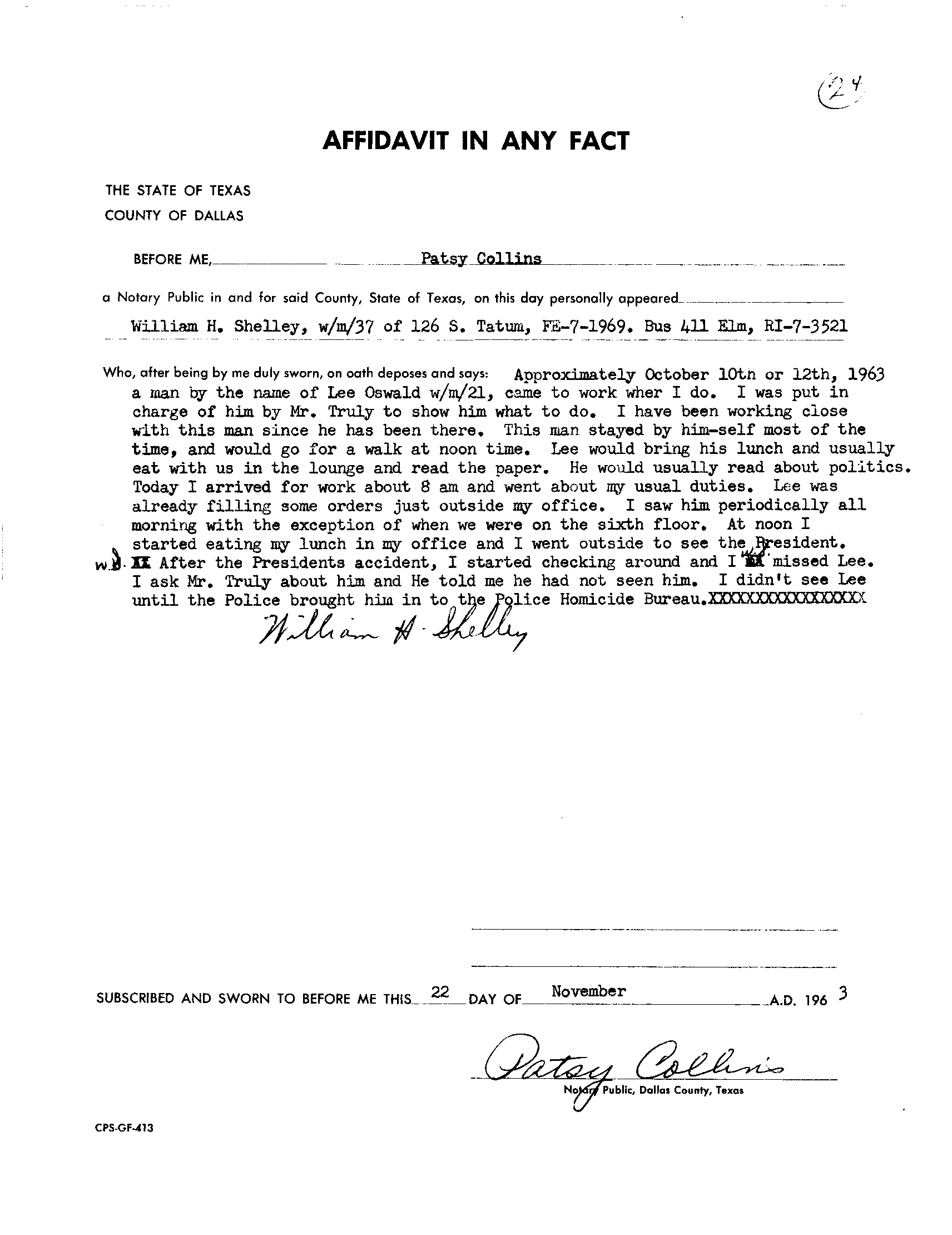Have you ever found yourself in a situation where your word needed to be taken seriously? Imagine a dispute over property, a fight for custody, or even a heated disagreement with a business partner. In these moments, your voice can feel powerless without concrete proof. That’s where an affidavit of truth steps in. This powerful legal document can serve as your written oath, lending strength and credibility to your statements.

Image: tropicalcyclocross.com
An affidavit of truth is a sworn statement, made under oath before a notary public, in which you declare the truthfulness of your words. It’s like a formal promise you’re making, with serious legal consequences if you don’t stick to your word. This article delves into the world of affidavits, revealing their intricacies, applications, and importance in navigating various legal challenges.
Understanding the Essence of an Affidavit of Truth
At its core, an affidavit of truth is a powerful tool used in legal processes. It holds significant value due to its ability to convey your sworn testimony in a concise and formal manner. This sworn testimony can be critical when presenting evidence, supporting your claims, or defending yourself against accusations. It serves as a foundation for trust in legal proceedings.
Who Uses Affidavits?
The beauty of an affidavit of truth lies in its versatility. It’s not confined to specific legal scenarios; it finds its place in a wide range of cases, including:
- Civil Lawsuits: In disputes over property, contracts, or damages, an affidavit can be used to provide your version of events, backing up your claims with sworn statements.
- Family Law Matters: Whether it’s child custody disputes, divorce proceedings, or alimony battles, affidavits help establish facts, ensuring fairness in family-related legal decisions.
- Immigration Cases: Affidavits play a significant role in immigration proceedings, particularly for family-based petitions, where evidence of relationships and support needs to be presented.
- Criminal Cases: While not as common as in civil cases, affidavits are still used in criminal prosecutions, particularly when witnesses need to provide evidence remotely or fear retaliation.
- Business Transactions: Affidavits can offer legal protection in business dealings by affirming agreements, confirming contracts, or clarifying partnerships.
- Personal Injury Claims: In the event of accidents and injuries, affidavits help document the details of the incident, enabling individuals to pursue just compensation.
Creating a Strong Affidavit: Every Word Matters
A well-crafted affidavit requires attention to detail. Here’s what you need to keep in mind:

Image: londonmedarb.com
1. Clarity and Conciseness
An affidavit should be written in straightforward language, avoiding jargon or complex legal terminology. Each sentence should be precise, conveying the information clearly and concisely.
2. Factual Accuracy
The cornerstone of an affidavit is truthfulness. Every statement made in your affidavit must be accurate and verifiable. Be prepared to provide supporting evidence if requested during legal proceedings.
3. Relevant Information
Keep your affidavit focused on the specific case at hand. Include only relevant information that supports your claims or refutes allegations.
4. Structure and Format
A standard affidavit structure includes:
- Heading: “Affidavit of Truth” and the date.
- Introduction: State your name, address, and occupation. This is where you swear to tell the truth.
- Body: Here, you’ll present your sworn statements in clear and concise paragraphs.
- Conclusion: The ending reaffirms your adherence to the truth and states that you are swearing under oath.
- Notary Public Information: The notary public will sign and date the affidavit after witnessing your signature.
Getting Legal Help: When to Seek Professional Assistance
While you might be tempted to write your own affidavit, seeking legal advice is always recommended. An attorney can ensure your affidavit is properly formatted, contains all necessary elements, and protects your legal rights.
Examples of Affidavit Applications: Real-World Scenarios
Understanding how affidavits are used in real-world situations can shed light on their importance:
- Child Custody Battle: In a custody dispute, a parent might file an affidavit outlining their living arrangements, their ability to care for the child, and their commitment to the child’s well-being.
- Property Ownership Dispute: If a boundary line is in question, a neighbor might submit an affidavit outlining the history of the property, highlighting evidence of land ownership.
- Business Contract Dispute: If a business partner violates a contract, an affidavit can be used to establish the terms of the agreement and document the contract breach.
What Is An Affidavit Of Truth
Final Thoughts: Empowering Yourself Through Affidavits
An affidavit of truth is a powerful tool that empowers individuals to make their voices heard in legal matters. By understanding the basics of this document and taking the necessary steps to create a strong and accurate affidavit, you can significantly enhance your chances of achieving a favorable outcome in your case.
If you’re facing a legal situation where your word needs to hold weight, seeking professional legal counsel can guide you through the process, ensuring your affidavit stands as a testament to the truth. Remember, understanding your rights and exploring legal resources can equip you with the knowledge to navigate legal challenges with confidence.






